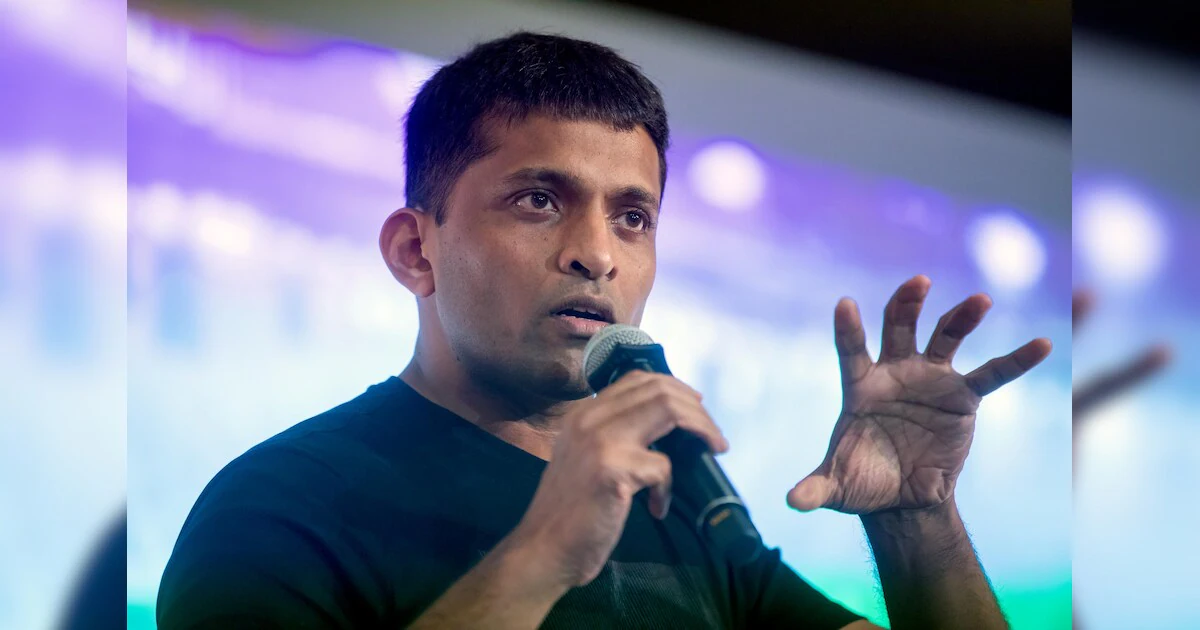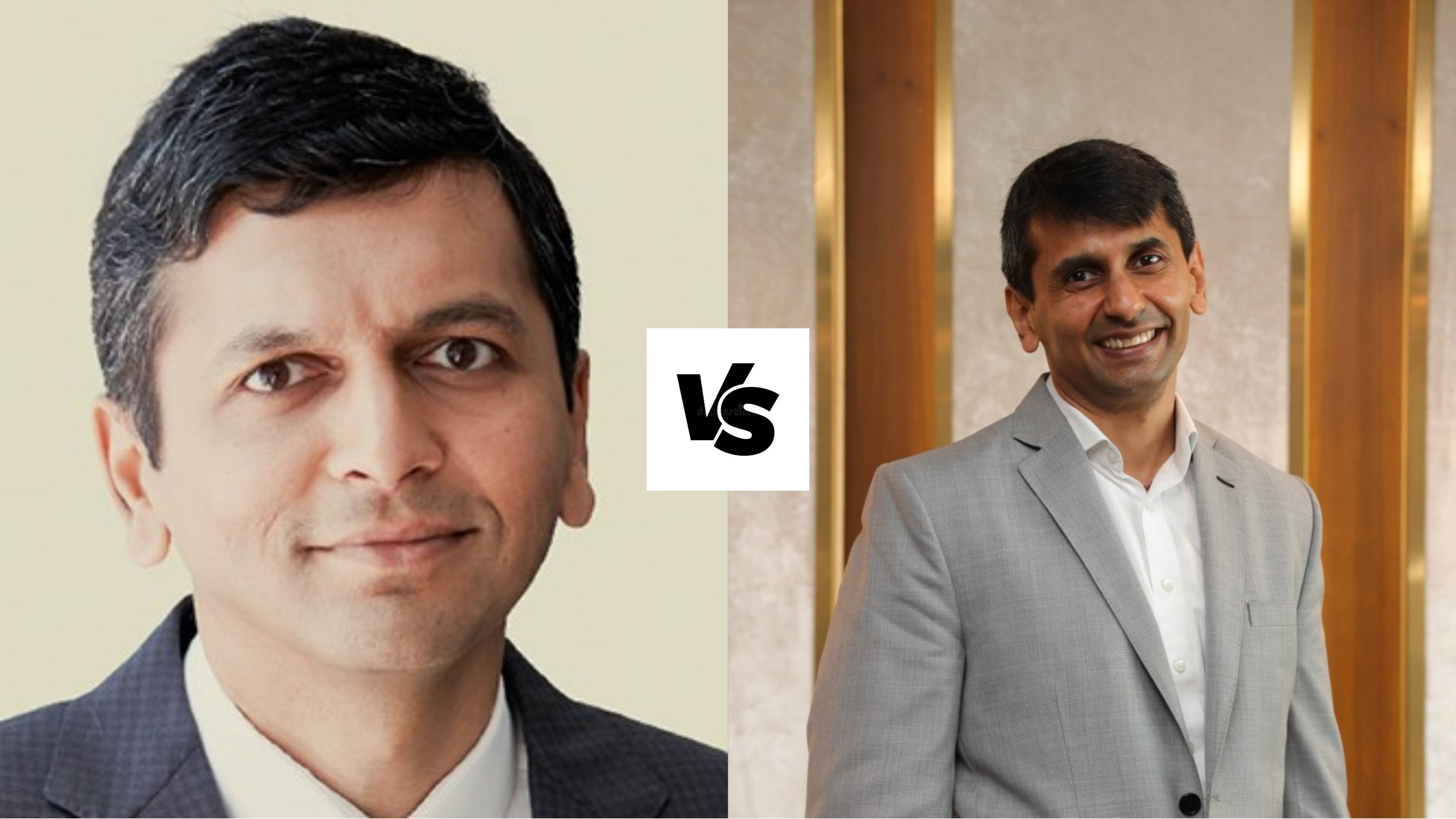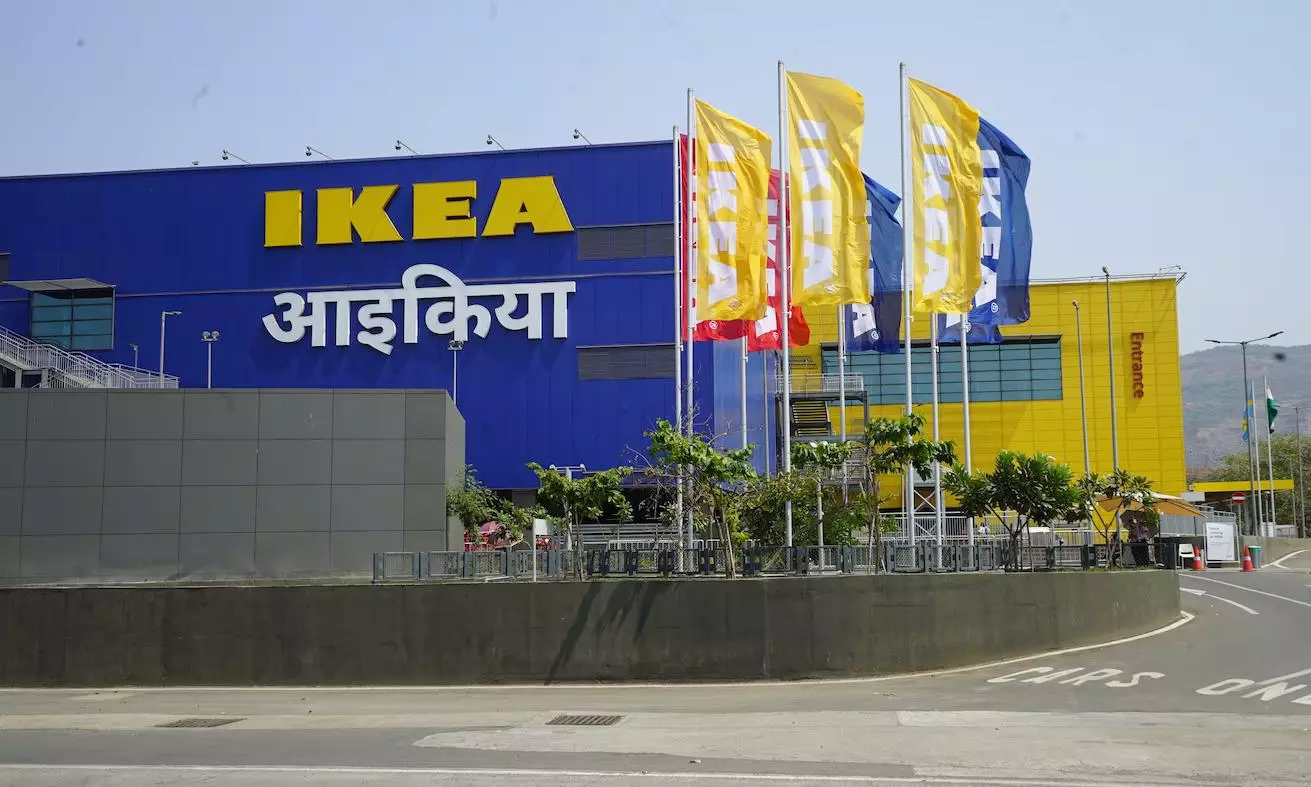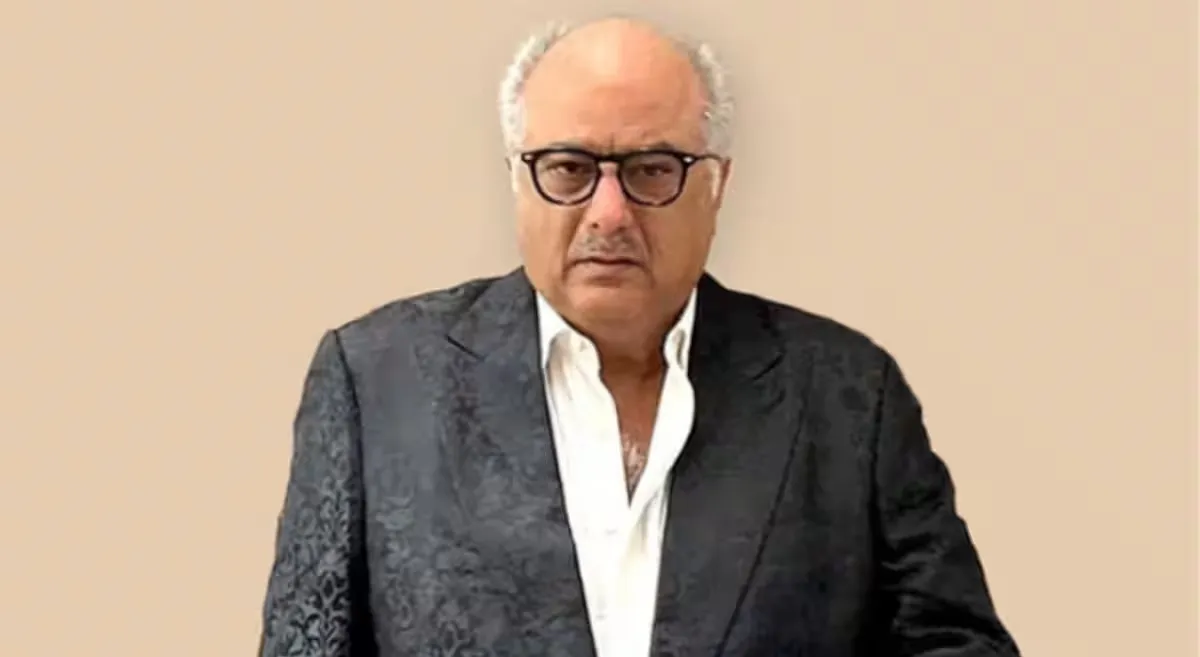Relief for Madhabi Puri Buch, 5 others as Bombay HC stays FIR in listing fraud case
The High Court, presided over by Justice Shivkumar Dige, found that the special court had issued its order without detailing any specific roles for the accused

The Bombay High Court has granted a temporary reprieve for former Securities and Exchange Board of India (SEBI) Chairperson Madhabi Puri Buch and five other officials by staying a special court's directive to file a First Information Report (FIR) concerning alleged stock market fraud.
The High Court, presided over by Justice Shivkumar Dige, found that the special court had issued its order without detailing any specific roles for the accused. "Hence, the order is stayed till next date. Four weeks time is given to the complainant in the case (Sapan Shrivastava) to file his affidavit in reply to the petitions," stated the High Court, granting Buch and her co-petitioners temporary relief in their ongoing legal battle. The special court's order for an FIR, which involved three current SEBI directors and two Bombay Stock Exchange (BSE) officials, was based on a complaint alleging financial fraud, regulatory lapses, and corruption dating back to a company's listing in 1994.
The complaint, filed by media reporter Sapan Shrivastava, has been dismissed by SEBI as frivolous, with the regulatory body labelling Shrivastava a "frivolous and habitual litigant." "The applicant is known to be a frivolous and habitual litigant, with previous applications being dismissed by the court, with imposition of costs in some cases. SEBI would be initiating appropriate legal steps to challenge this order and remains committed to ensuring due regulatory compliance in all matters," SEBI noted in its statement, underscoring its intention to contest the special court's decision.
The Anti-Corruption Bureau (ACB) court's initial order was criticised for suggesting "prima facie evidence of regulatory lapses and collusion, requiring a fair and impartial probe," without allowing SEBI or BSE the opportunity to present their facts. BSE also contended that the officials named were not in their positions at the time of the alleged fraud, further questioning the basis of the allegations.
"Even though these officials were not holding their respective positions at the relevant point of time, the court allowed the application without issuing any notice or granting any opportunity to SEBI to place the facts on record," SEBI stated, highlighting procedural oversights in the court's handling of the case.
The High Court's intervention comes after SEBI challenged the ACB court's directive, with Solicitor General Tushar Mehta representing the SEBI officials in court. Shrivastava has been given a four-week deadline to submit an affidavit in response to the petitions, as the legal proceedings unfold against a backdrop of scrutinised judicial processes in corporate governance and regulatory oversight.








